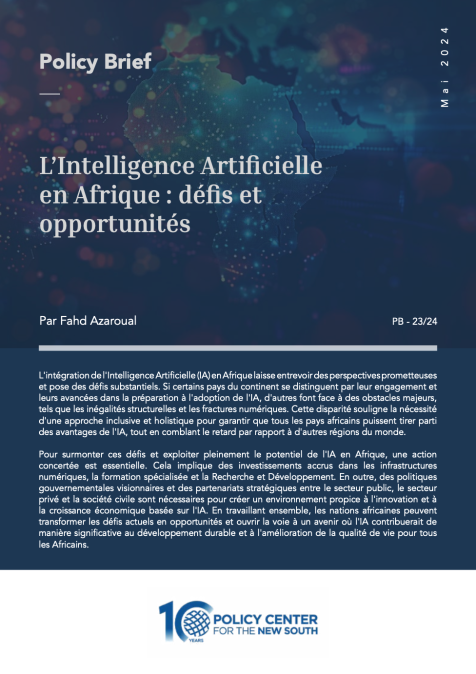Dans cet épisode, nous accueillons M. Badr Mandri, Economiste au Policy Center for the New South qui partage son analyse sur « La Dette et développement en Afrique ». Plusieurs pays d'Afrique ont déclaré un défaut de paiement ou se sont engagés dans des initiatives de suspension du service de la dette en raison de problèmes financiers. Les études montrent qu’une grande partie de ces pays sont vulnérables face aux chocs exogènes, rendant plus fréquents les épisodes de tension sur la liquidité et les mène au bord de l’insolvabilité. Ces événements laissent entendre qu’une nouvelle crise de la dette sur le continent est en train de se profiler et malgré les efforts engagés par chaque pays pour mobiliser des ressources domestiques, le recours à l'endettement demeure un levier majeur pour financer le développement et les projets structurants.
Au cours de la dernière décennie, le profil des créanciers s’est diversifié avec la présence de pays émergents et des acteurs du secteur financier privé qui ont élargi le paysage des prêteurs dans le continent. Cette situation qui a permis de contribuer à l’afflux de ressources supplémentaires mais également à alourdir la dette publique. Alors que la question du traitement de la dette africaine est au cœur des discussions sur l'architecture financière internationale nous tenterons dans cet épisode d’analyser la situation de l’endettement dans le continent et les solutions envisagées pour une meilleure prise en compte du profil de la dette africaine.













